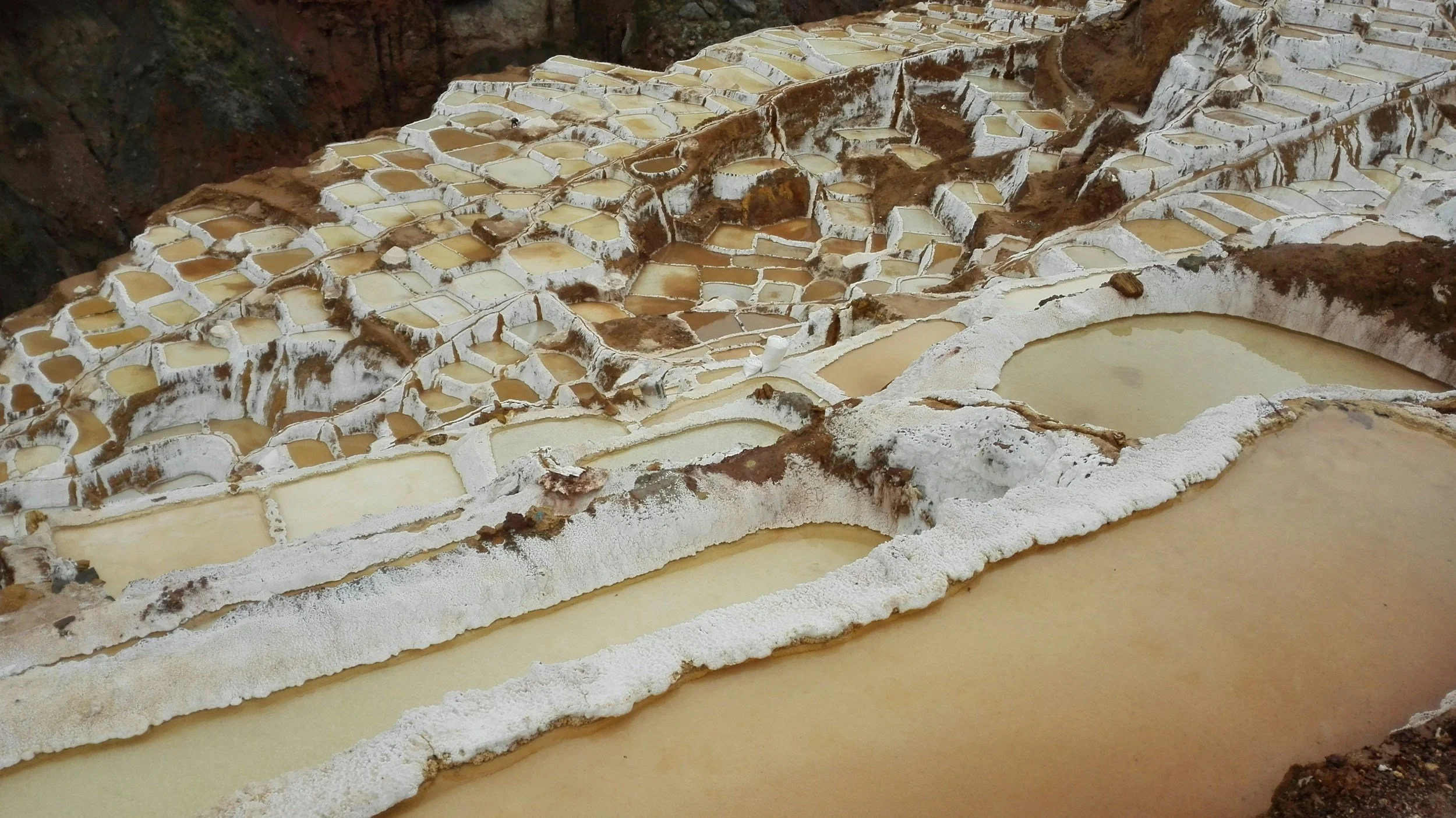
Zephaniah 2:6-7
The Prophet confirms what he has before said respecting the future vengeance of God, which was now nigh at hand to the Moabites and other neighbouring nations, who had been continually harassing the miserable Jews. Hence, he says, that the whole region would become the habitation of sheep. It is a well known event, that when any country is without inhabitants shepherds occupy it; for there is no sowing nor reaping there, but grass alone grows. Where therefore, there is no cultivation, where no number of men are found, there shepherds find a place for their flocks, there they build sheepcots. It is, therefore, the same as though the Prophet had said, that the country would be desolate, as we find it expressed in the next verse.

Zephaniah 2:9-10
Moab, he says, shall be like Sodom, and the sons of Ammon like Gomorrah, even for the production of the nettle and for a mine of salt; that is, their lands should be reduced to a waste, or should become wholly barren, so that nothing was to grow there but nettles, as the case is with desert places. As to the expression, the mine (fodina) or quarry of salt, it often occurs in scripture: a salt-pit denotes sterility in Hebrew. And the Prophet adds, that this would not be for a short time only; It shall be (he says) a perpetual desolation. He also adds, that this would be for the advantage of the Church; for the residue of my people shall plunder them, and the remainder of my nation shall possess them. He ever speaks of the residue; for as it was said yesterday, it was necessary for that people to be cleansed from their dregs, so that a small portion only would remain; and we know that not many of them returned from exile.

Zephaniah 1:3
But it may be now asked, why God denounces his vengeance on the beasts of the field, the birds of heaven, and the fishes of the sea; for how much soever the Jews may have provoked him by their sins, innocent animals ought to have been spared. If a son is not to be punished for the fault of his father, (Ezek. 18:4) but that the soul that has sinned is to die, why did God turn his wrath against fishes and other animals? This seems to have been a hasty and unreasonable infliction. But let this rule be first borne in mind — that it is preposterous in us to estimate God’s doings according to our judgment, as froward and proud men do in our day; for they are disposed to judge of God’s works with such presumption, that whatever they do not approve, they think it right wholly to condemn.

Zephaniah 1:13
Zephaniah pursues the same subject — that God, after long forbearance, would punish his rebellious and obstinate people. Hence he says, that they were now delivered, even by God himself, into the hands of their enemies. They indeed knew that many were inimical to them; but they did not consider God’s judgment, as God himself elsewhere complains — that they did not regard the hand of him who smote them. (Is. 9:13) Our Prophet, therefore, declares now that they were given up to destruction, and that their enemies would find no trouble nor difficulty in invading the land, since all places would be open to plunder.